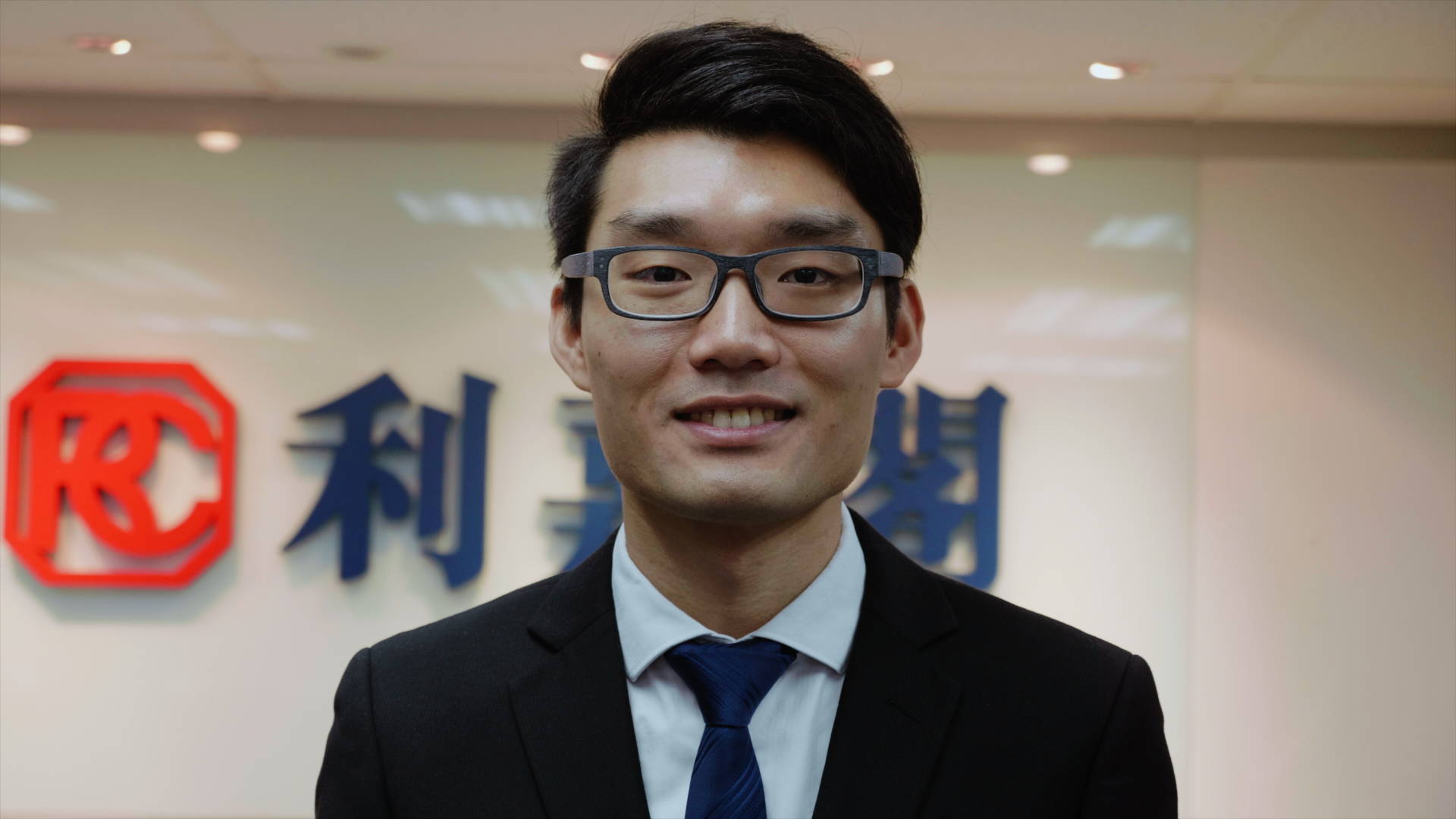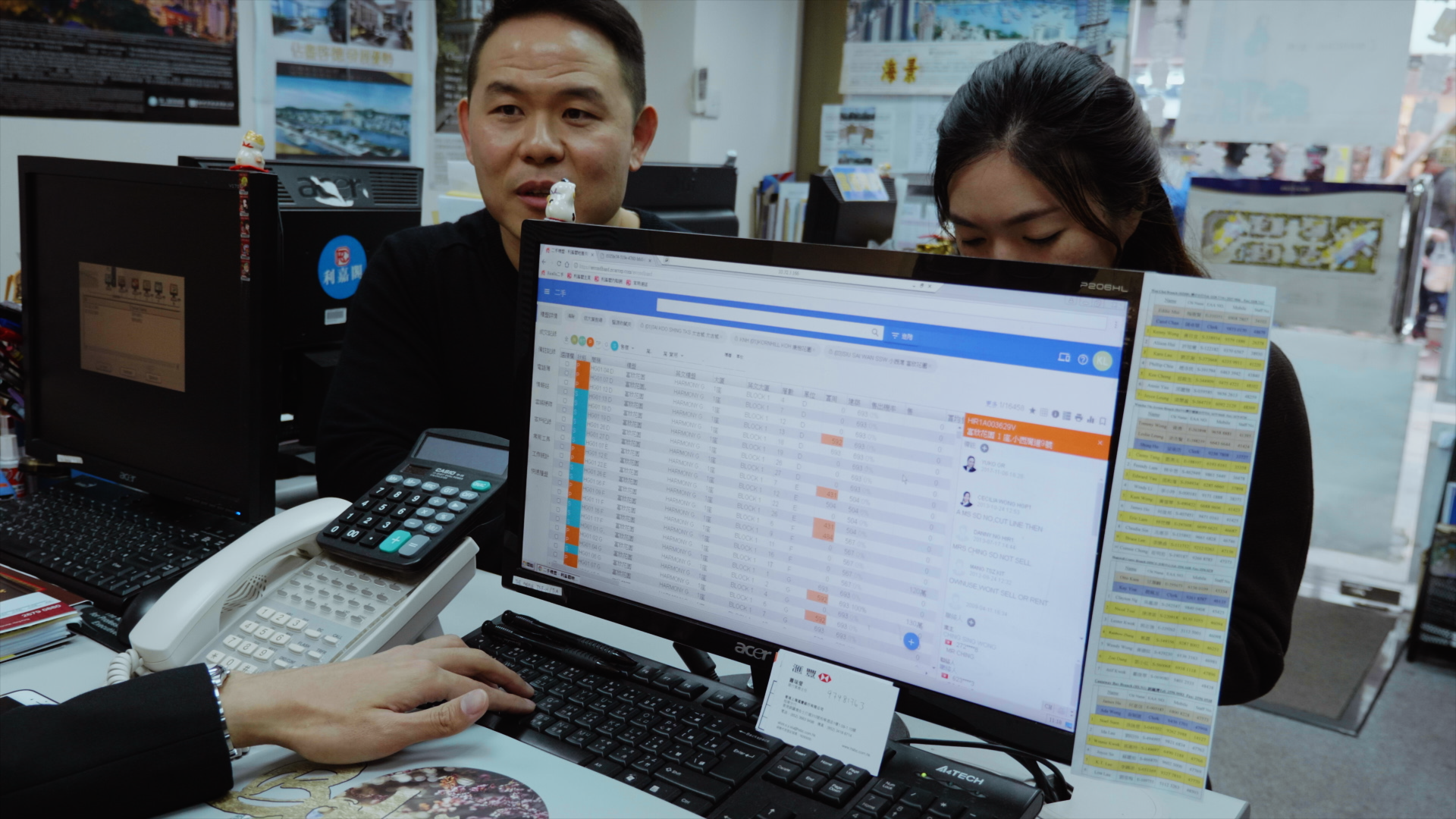
Hot properties – Beating the competition in sales with AI in Hong Kong
The Hong Kong real estate market is one of the most competitive in the world. Agencies compete to sell the hottest properties in the shortest time possible. Ricacorp Properties Limited foresees earnings to rise by 30-40 percent and profits to increase by 40-50 percent through using Artificial Intelligence (AI) to understand customers’ property desires. Sometimes even better than customers themselves know.
When Willy Liu, CEO, Ricacorp Properties Limited, changed the company strapline to ‘Breaking the tradition, hungry for change’, these weren’t just empty words meant to impress on a letterhead – they reflected how the company was disrupting the real estate business by embracing AI for sales. As Liu explains;
“Real estate is one of the most conservative business models here in Hong Kong, internally and externally. The business model has not changed since the 1960s – technology is applied incrementally to make quantitative changes instead of qualitative changes that can potentially disrupt the industry.”
READ: How Asia Pacific is transforming digitally

That model was largely paper based and relied on sales teams to match customer needs with properties using their intuition and sales experience. But when a customer buys a property, there are thousands of subsets of personal choice, price range and taste, some predictable some not, to consider. How could sales teams better fine-tune their choice making by helping customers find the best property match quicker and more effectively, before they find somewhere else with competitors?

Liu turned to technology for the answer. Built on Microsoft’s AI platform and meant to be used both in the sales office and out in the field by agents, the Rica + mobile app and desktop interface were born. Here’s how it works; a customer comes into a sales office and asks to see a property that has caught their eye. The sales agent keys that property into Rica + which then, instantly generates other choices with probability of sale percentage value assigned to them. The agent can then prioritize their viewing schedule with the customer showing high probability properties first.
For doing that, Rica + crunches data like property valuation, recent transaction history, listed price offered by sellers and internal records like customer preferences on Microsoft Azure to find buying trends and patterns. Machine learning improves matching success rate by learning from similar customer preferences. The platform is continually updated as new sales are made.
Sales agents are finding that using Rica + is giving them one very big immediate saving – time. Time for more high probability sales visits and time to meet new customers. And it’s not just new customers who are the focus. Liu speaks from the heart when he says:
“With our focus on engaging customers, our retention rate has boosted significantly. This has saved costs on developing new customers by retaining our current ones.”

Ricacorp has a huge property base with over 1.7 million flats including private flats, public rental housing as well as Home Ownership Scheme flats, and a total service attendance of over 4.8 million people with nearly 1 million pieces of company information to be handled monthly. Without Rica +, what no sales agent, however skilled, can do is process thousands of sales records going back decades and find patterns and match them to customers’ needs – but machine learning and data analytics can without breaking a sweat.
Liu adds;
“And it doesn’t stop there – as Rica + analyses market valuation data in real time, when a hot competitively priced property comes on the market it can immediately spot it so the sales agent can inform prospective buyers before other competing agents have done the math and spotted the opportunity.”

When out on a property visit with a customer, bring your own device (BYOD) solutions using mobile come with their own risks so Ricacorp have thought that through and built in facial recognition access for agents into Rica + so if a device is stolen, lost or mislaid no one else can access the customer and property data.
Needless to say, taking a six-decade old sales model and turning it on its head was not an easy feat. As Liu continues,
“In order to build a system that can support our vision of digital transformation, our team has to work with the most cutting-edge technologies. This requires a highly adaptive, fast learning team to make it happen. To establish this, we have envisioned and cultivated a team that is willing to learn fast and act quick.”
Having spent decades in the property market himself, he can see how the digital transformation Ricacorp is making is affecting the company’s bottom line. With an expected turnover boost of 20 to 30 percent after full roll-out, and profit increase of 40 to 50 percent, piecing together this digital puzzle has rocketed Ricacorp into a new era of data driven sales. With an investment in digital transformation of HK$20 million last year set to be repeated this year, Liu and Ricacorp have finally broken the tradition.
Read more about how Asia Pacific is transforming digitally:
- Unlocking the economic impact of digital transformation in Asia Pacific
- The US$1.16 trillion reason to take digital transformation & AI seriously in 2018
- Asia Pacific’s amazing Digital Transformation race is on with a US$1.16 trillion economic boost at stake
- Digital transformation to contribute more than US$1 trillion to Asia Pacific GDP by 2021; AI is primary catalyst for further growth













